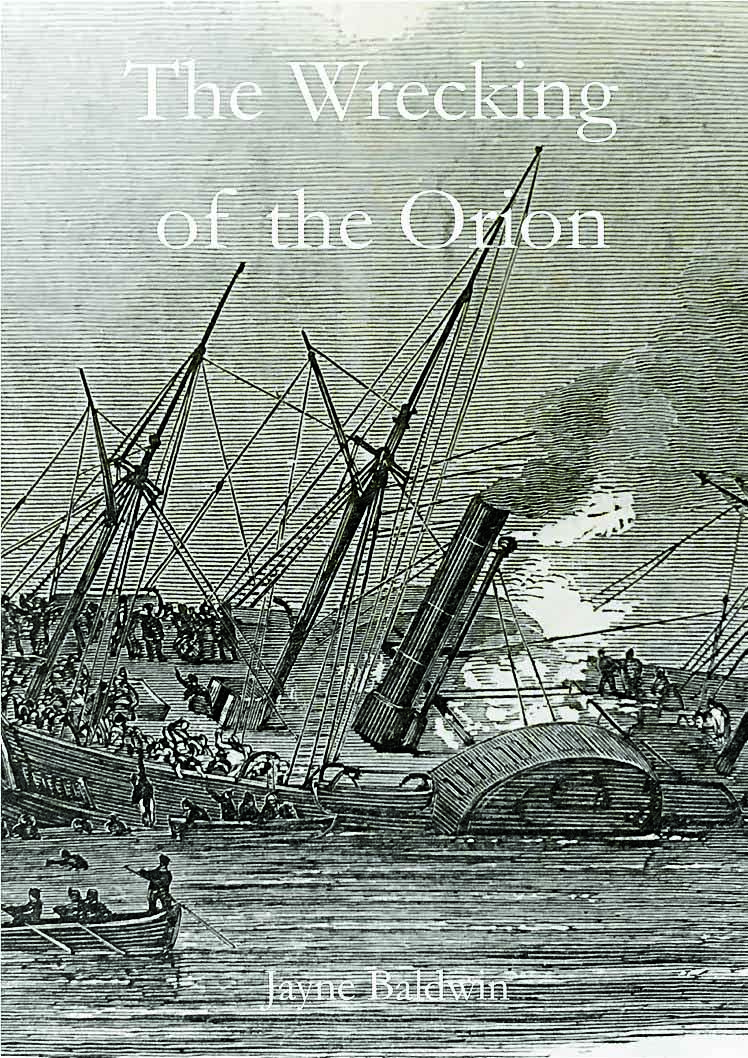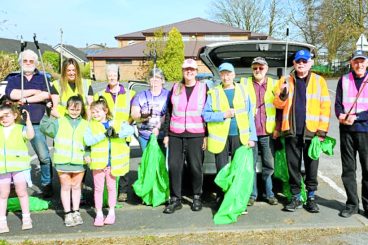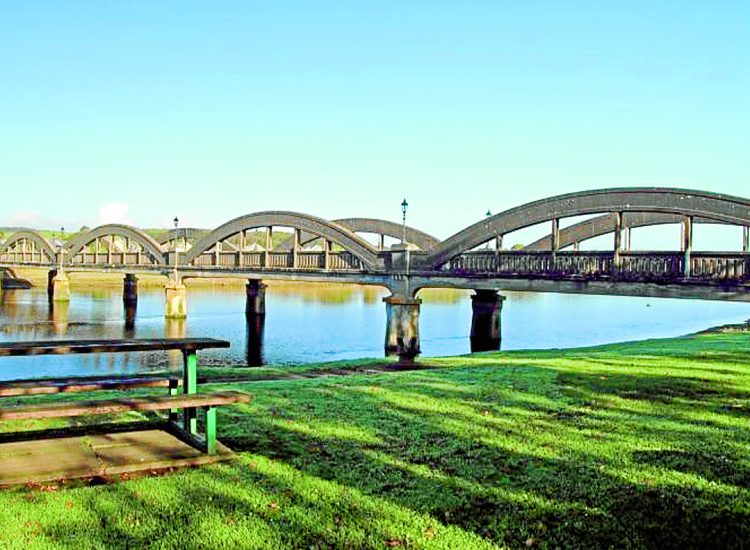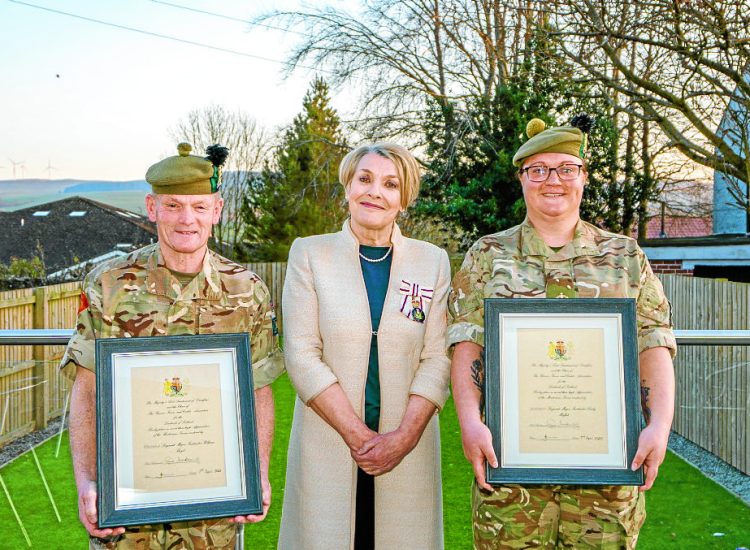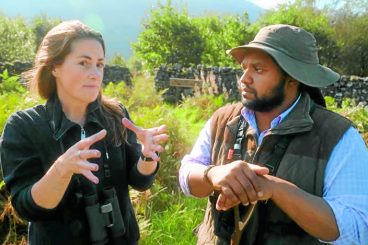FAMILIES boarding the paddle steamer The Orion at Liverpool in June 1850 had every reason to believe they would enjoy a swift and pleasant sailing to Glasgow.
Many were travelling for business, others on the final leg to see family after long Atlantic crossings from Canada, and for some it was the first stage of their emigration to Australia. Instead, in the early hours of June 18 many of these passengers, mainly women and children, met their deaths when the ship ploughed at full steam onto rocks just north of Portpatrick and sank within minutes.
More than 50 people drowned within clear sight of the village, though the death toll would have been even higher if several local fishermen hadn’t spotted the steamer travelling far further inland than usual and sounded the alert. Without the prompt action of Portpatrick people many more would have died due to the poor state of the ship’s lifeboats – only one was successfully launched and that had to be bailed out by men with their hats as the bungs were missing.
And the event is the subject of a new book by Wigtownshire writer Jayne Baldwin. She said: “The tragedy of The Orion is the fact that these lives were lost in perfect sailing conditions due to the officers in charge deciding to hug the coast to avoid the current and save time.”
Jayne came across the story of The Orion as she researched another book project about the lighthouses of Dumfries and Galloway. She said: “I was browsing the online newspaper archives when I came across a reference to the shipwreck as the vessel had passed within sight of the lighthouses at the Mull of Galloway and Portpatrick. I then realised that the 170th anniversary of the disaster was this year, and I wanted to do something to mark the date.”
Many of the drowned are buried in the old churchyard of Portpatrick including one woman who died along with her four daughters. Others are in unmarked graves as the bodies were never identified or claimed. Jayne added: “In many newspapers the actions of the people of Portpatrick were highly praised and I also felt this was an important part of local history. The book is a way of remembering the losses but also commemorating the bravery and generosity of the villagers.”
Her research plans were cut short due to the Covid-19 crisis, but she has still managed to produce a book that gives insight into the ship’s journey, the experiences of the survivors and the subsequent trial of the officers. She said: “I’m hoping to further my research in the future and would love to hear from anyone who knows they had family members involved in the tragedy, or who may have dived the wreck.”
The Wrecking of the Orion is being published by Second Sands Publications and is available by emailing [email protected].





